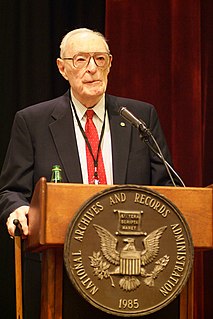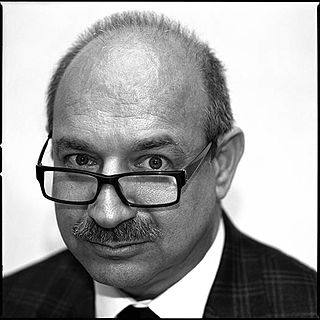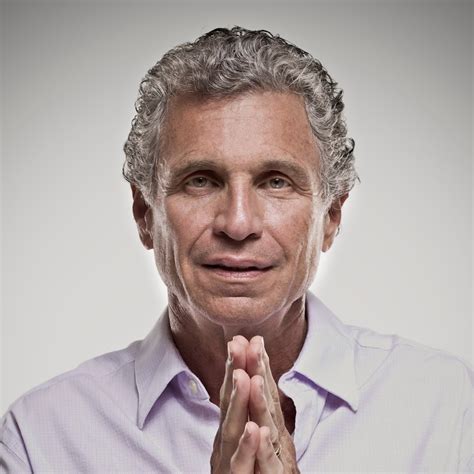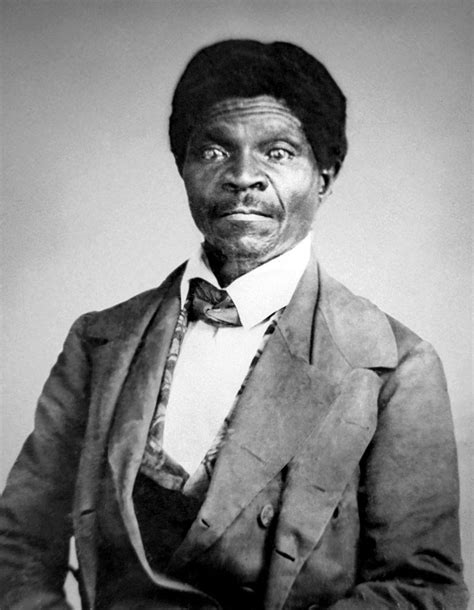A Quote by Gordon Hempton
We think the problem is out there, when the problem is really in here - who we are and how we experience the world around us. The acoustic ecologist listens, as the primary sense, to the world around us, and I believe that they have a significant contribution to make to all environmental groups who think that they're solving environmental problems, when we're actually all on a spiritual pilgrimage.
Related Quotes
For the problem of decision-making in our complicated world is not how to get the problem simple enough so that we can all understand it; the problem is how to get our thinking about the problem as complex as humanly possible--and thus approach (we can never match) the complexity of the real world around us.
I see the main problem as a spiritual one, not a resource problem, or a problem with this or that government, but a larger problem centered around human beliefs, the troublesome elements founded in our mythology. Our problematic mythology is collapsing all around us. It is a mythology that is predatory.
I don't think that VR is going to lead to humanity being enslaved in the matrix or letting the world crumble around us. I think it's going to end up being a great technology that brings closer people together, that allows for better communication, that reduces a lot of environmental waste that we're currently doing in the real world.
We certainly would resolve the problems of the charities that are working in areas where they can do the most good. So if you consider that the U.S. foreign aid budget is 30 billion, yes, we could make a major contribution to reducing global poverty, start to deal much better with some of the other big environmental problems that the world faces. So I think we could solve a lot of problems.
We must alert and organise the world's people to pressure world leaders to take specific steps to solve the two root causes of our environmental crises - exploding population growth and wasteful consumption of irreplaceable resources. Overconsumption and overpopulation underlie every environmental problem we face today.



































